Dhaka, August 12 (V7N) — A growing number of viral fever cases has overwhelmed public hospitals across Bangladesh since early July, with doctors reporting a steady rise in patients of all ages suffering from high fever, body aches, and flu-like symptoms.
The cause of this widespread outbreak remains unclear, but hospital authorities in Dhaka and other major cities say they are struggling to manage the pressure due to limited resources. Seasonal infections such as dengue, chikungunya, typhoid, and other viral flu strains have all been cited as contributing factors.

Physicians at several government hospitals note that patients are reporting similar symptoms, suggesting the spread of a common viral infection. In many cases, entire families are falling ill, indicating high transmissibility and potential household-level outbreaks.
Epidemiologists believe the unusual spike in infections could be tied to weather changes, a drop in public health awareness, and seasonal factors. Some unverified reports speculate that the use of chemical-laced weaponry in ongoing global conflicts—such as those in Ukraine, the Middle East, and parts of Europe—may be releasing harmful compounds into the atmosphere, contributing to airborne health risks across Asia. However, health experts emphasize that there is currently no scientific evidence to support this theory.
"People are not taking enough preventive measures, and that’s a key reason behind the rise in infections,” said a senior physician at a government hospital in Dhaka. “The nature of this viral flu seems aggressive, and it’s affecting both children and the elderly alike.”
Public health officials urge citizens to practice hygiene, wear masks in crowded areas, and avoid self-medication. The Directorate General of Health Services (DGHS) is reportedly monitoring the situation closely, and hospitals have been advised to remain on high alert for a potential escalation.
As hospitals continue to report full wards and long lines of patients, concerns are mounting about the country’s ability to handle a full-blown viral epidemic if the infection rate continues to climb into the late monsoon season.
END/AHM/SMA/



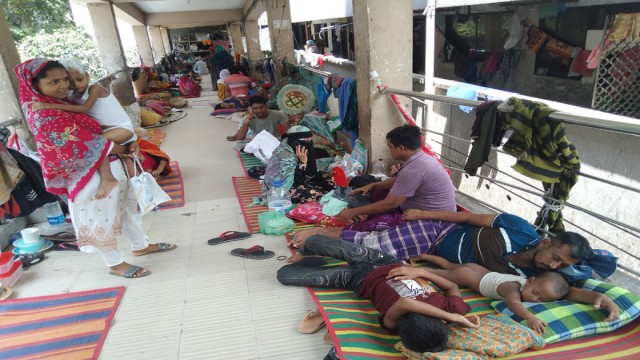

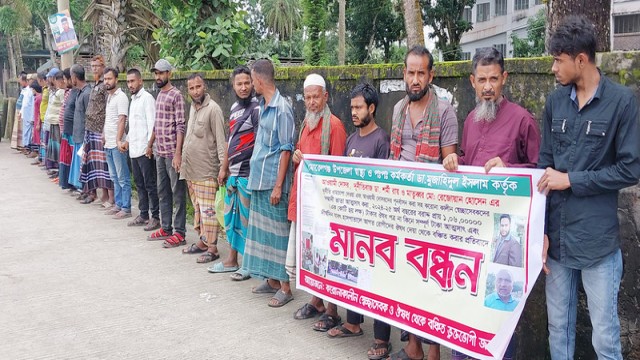


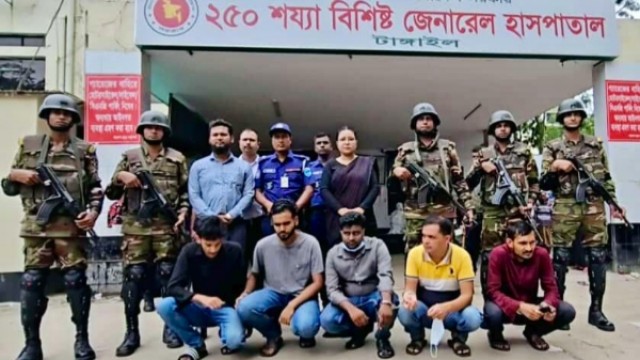

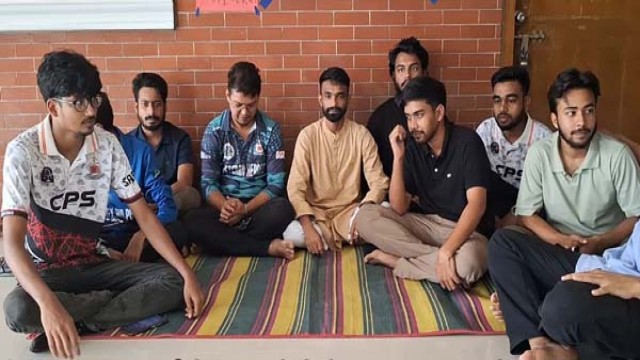

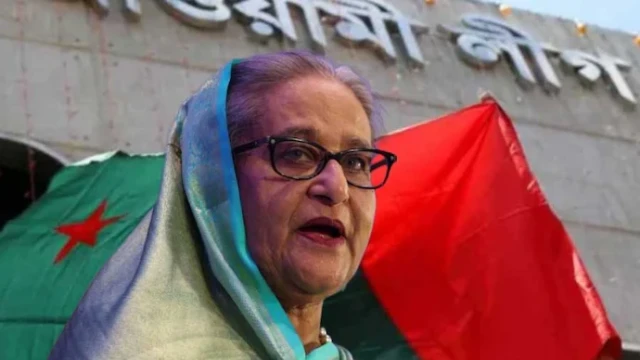

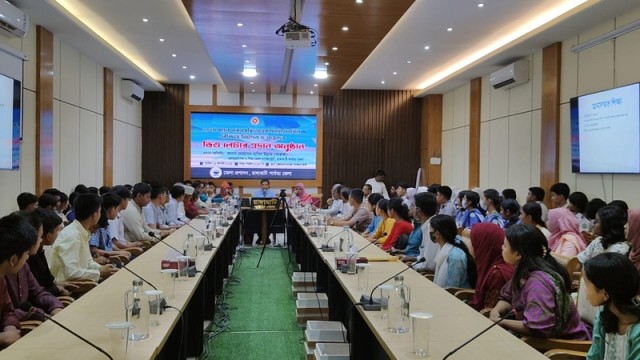
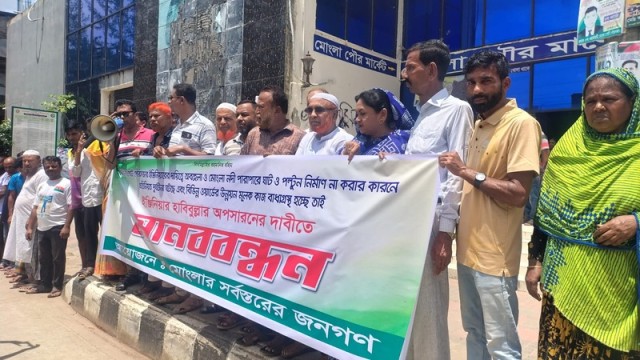


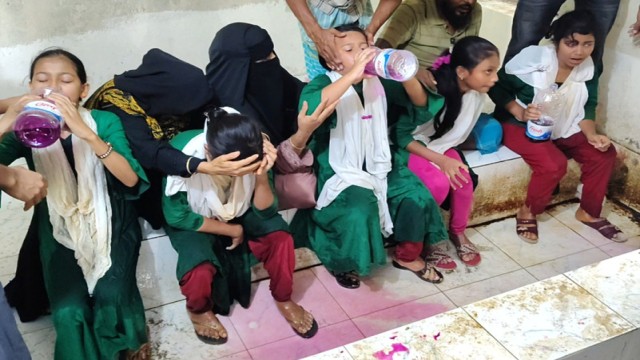

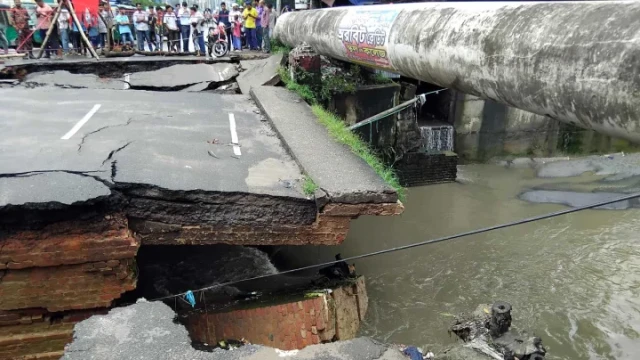
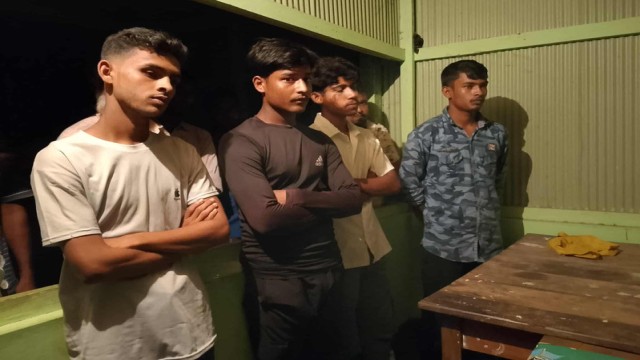

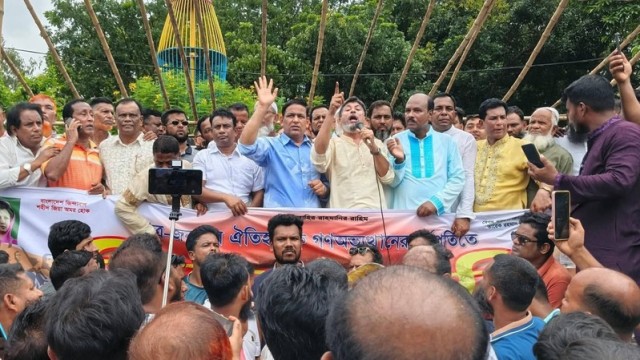




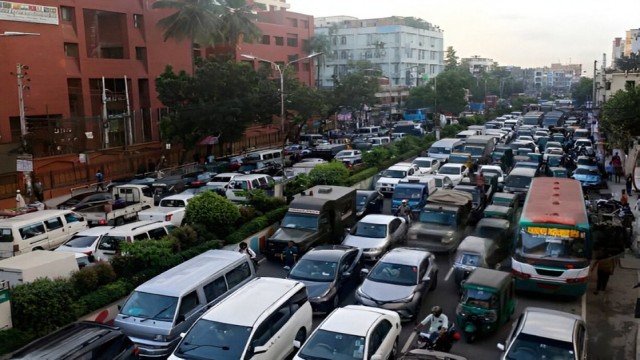
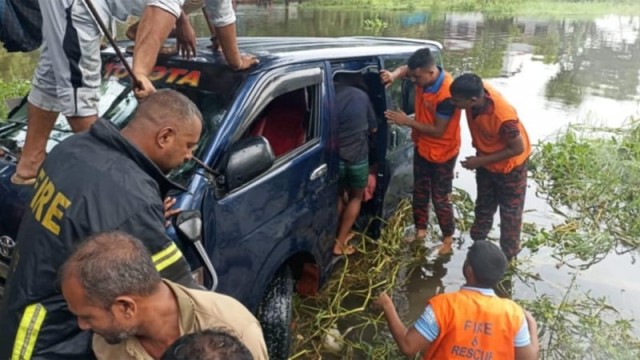
Comment: